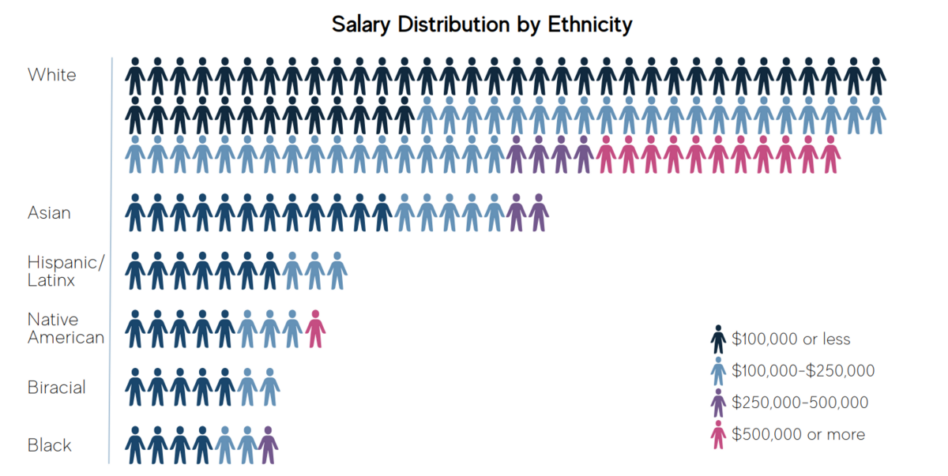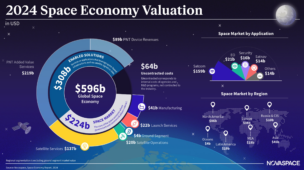The Space Frontier Foundation, an advocacy group with a 35-year history in the aerospace industry, has released its first survey on the state of diversity, equity, and inclusion (DEI) in space.
Why? The aerospace industry needs innovation to survive. “Innovation thrives when you bring diverse perspectives into a room together,” Ann Kapusta, Space Frontier Foundation’s executive director, told Payload. “The impact that you’re having by limiting your pool of thought…[has] downstream impacts in your organization.”
The foundation offers a framework for companies looking to improve DEI practices, including the experience of diverse perspectives within companies as well as hiring practices. The result is an in-depth toolkit for companies to reference. The foundation also makes itself available as a resource for founders looking for more advice and guidance.
The numbers at a glance: The foundation surveyed 153 anonymous, voluntary participants from the aerospace industry. Questions sought to grok the qualitative experience of people from diverse backgrounds, rather than the number of people from various ethnic, gender, and disability groups.
Survey findings
- White people are 50% more likely to make above $100,000 than other groups
- White respondents were 30% more likely to have received a requested raise than non-white counterparts with similar experience and time in the industry
- People with disabilities are 33% less likely to feel comfortable discussing medical accommodations with their companies’ HR departments, but are more than twice as likely to have to request accommodations
Looking deeper: More importantly than the data points alone, the team at the foundation aimed to give companies a set of actionable steps to take to improve the experience of diverse members of their teams. The survey laid out five key goals for companies looking to improve the experience of diverse groups at work:
- Equal representation
- Balanced power dynamics between employees
- High experience of belonging among employees
- Evaluation of the environmental and social impacts of services and products
- High experience of fairness among employees
The steps to reach each of these goals varies by organization. Space Frontier Foundation hopes to partner and tailor the process for organizations willing to engage, from startups to large corporations.
- “When I speak to startup founders and such, they’re really just trying to get by and put out fire after fire in their organization,” said Kim Macharia, chair of the foundation’s board of directors. “Oftentimes, DEI is just an afterthought. So the fact that we can give them things that are concrete to look forward to achieving is something people seem to really appreciate.”
Closing thoughts: By failing to ensure an equitable workplace, “you don’t only lose the current workforce, but you lose the next generation,” said Kapusta. “Because representation matters. And if we’re not building an environment where we can show to the next generation that you’re important, and you’re welcome here, and we need your voice…we’re just stuck in the current cycle that we are now.”




